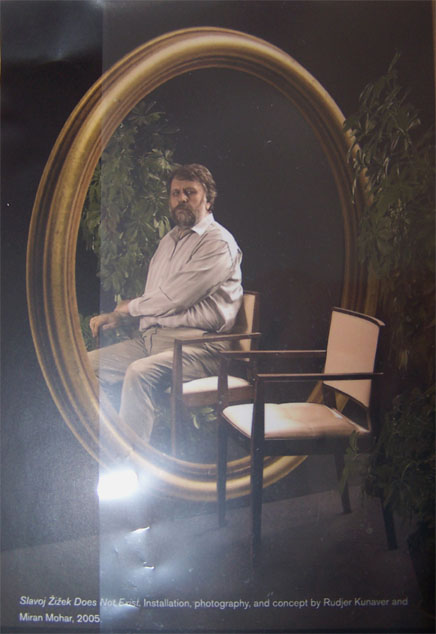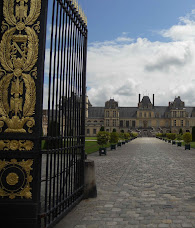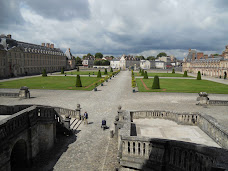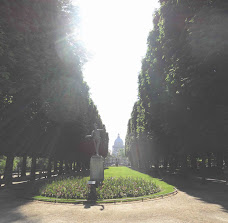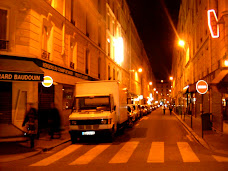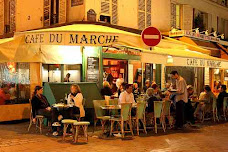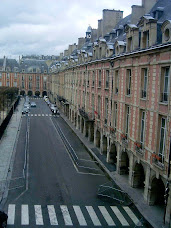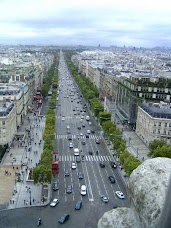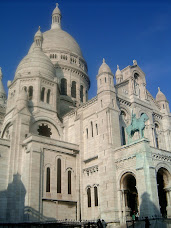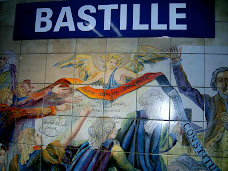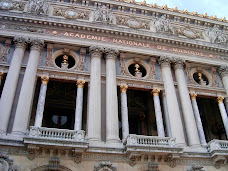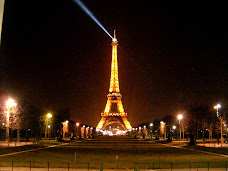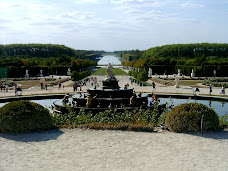Cler
For a while now I've been meaning to write about a Parisian market and post plenty of photos of the many horti-fruti stands in their full glory.  The catch is one's assaulted by a swarm of eager shoppers on Sundays, either those who are ambitious enough to go to the market before Mass at 11o'clock or those who will skip Mass but will spend the rest of the morning sitting at a café with the newspaper before going home to cook lunch. I'm in neither category, choosing either market or Mass and not reading newspapers anymore.
The catch is one's assaulted by a swarm of eager shoppers on Sundays, either those who are ambitious enough to go to the market before Mass at 11o'clock or those who will skip Mass but will spend the rest of the morning sitting at a café with the newspaper before going home to cook lunch. I'm in neither category, choosing either market or Mass and not reading newspapers anymore.
 The catch is one's assaulted by a swarm of eager shoppers on Sundays, either those who are ambitious enough to go to the market before Mass at 11o'clock or those who will skip Mass but will spend the rest of the morning sitting at a café with the newspaper before going home to cook lunch. I'm in neither category, choosing either market or Mass and not reading newspapers anymore.
The catch is one's assaulted by a swarm of eager shoppers on Sundays, either those who are ambitious enough to go to the market before Mass at 11o'clock or those who will skip Mass but will spend the rest of the morning sitting at a café with the newspaper before going home to cook lunch. I'm in neither category, choosing either market or Mass and not reading newspapers anymore.So instead of negotiating my way past a million elbows attached to arms pushing trolleys over my feet, I went to rue Cler yesterday morning. It is a pedestrian street lined with fruit & veg stands, cafés, florists  and all kinds of commerce, with far fewer people than the market, especially before 11am.
and all kinds of commerce, with far fewer people than the market, especially before 11am.
 and all kinds of commerce, with far fewer people than the market, especially before 11am.
and all kinds of commerce, with far fewer people than the market, especially before 11am.I like this street for many reasons. One can have a feeling of being somewhere other than a big city, because it is a pedestrian street; my fav café in town is located there; and, like most of the city, everywhere you look there's something pretty or interesting to see, which seems to be Parisians' specialty. I never tire of how they make a conscious effort to make a pleasing visual ensemble  even if sometimes it can make one lose one's patience (i.e. you go to the bakery, buy a tiny tartelette aux cerises, and the person spends fourteen minutes wrapping it up in a lovely little box with an intricate ribbon around it making sure the bow she ties becomes the object of every sailor's jealousy.)
even if sometimes it can make one lose one's patience (i.e. you go to the bakery, buy a tiny tartelette aux cerises, and the person spends fourteen minutes wrapping it up in a lovely little box with an intricate ribbon around it making sure the bow she ties becomes the object of every sailor's jealousy.)
 even if sometimes it can make one lose one's patience (i.e. you go to the bakery, buy a tiny tartelette aux cerises, and the person spends fourteen minutes wrapping it up in a lovely little box with an intricate ribbon around it making sure the bow she ties becomes the object of every sailor's jealousy.)
even if sometimes it can make one lose one's patience (i.e. you go to the bakery, buy a tiny tartelette aux cerises, and the person spends fourteen minutes wrapping it up in a lovely little box with an intricate ribbon around it making sure the bow she ties becomes the object of every sailor's jealousy.)Rue Cler fruit&veg stands have another advantage over standard street markets. There is a smaller quantity of each product, so the quality tends to be better, and the variety greater, like this flat peach (pêche plate). 

Having grown up completely disconnected from 'nature', I only relatively recently learned the right season for this or that fruit. In France, greengrocers must disclose the origin of the products, so it becomes easier for me to know when to buy things that haven't flown 8,000Kms to get to my kitchen.

 |
   |











